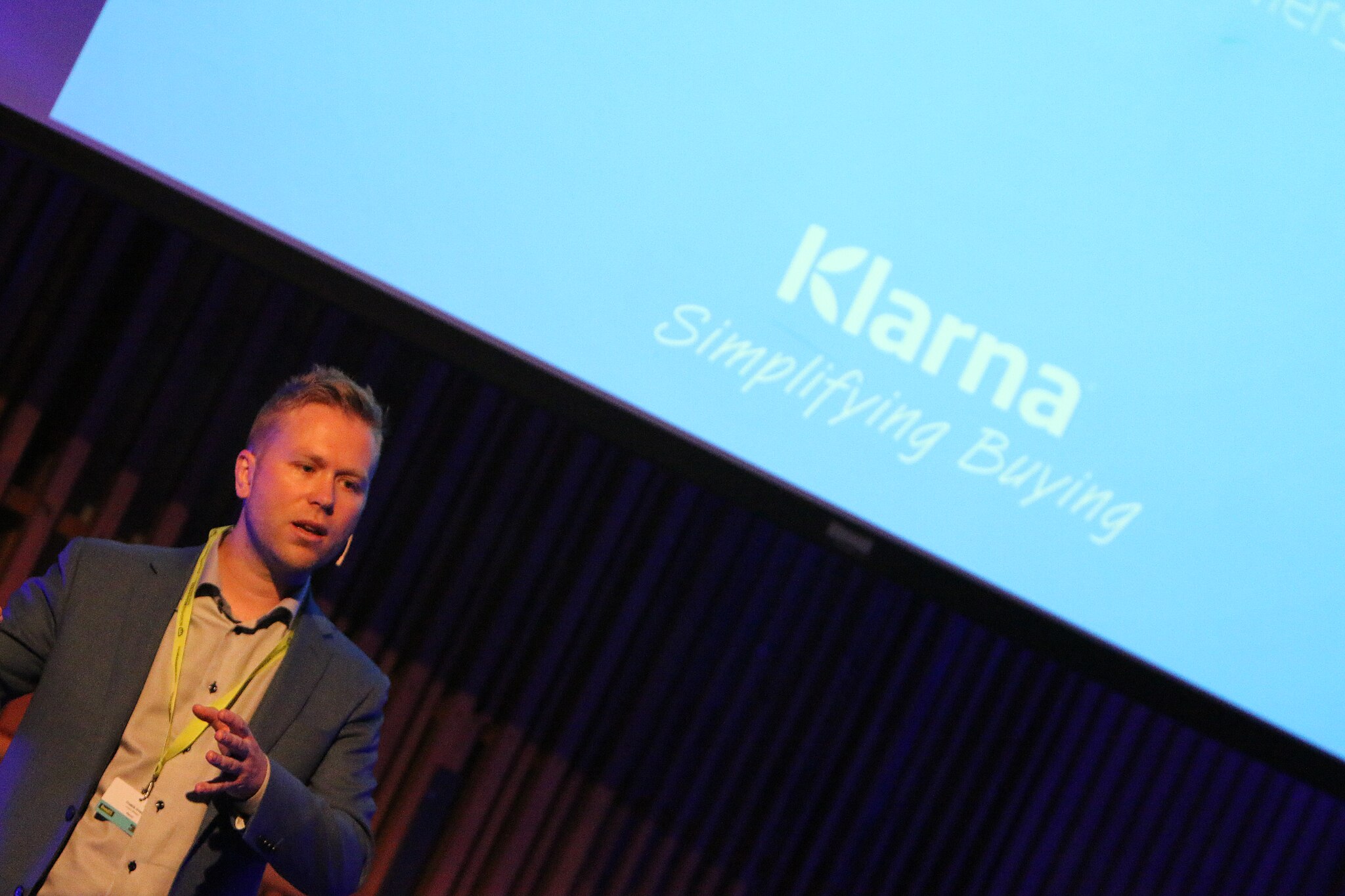Klarna claims its AI-powered chatbot can now handle the workload previously managed by 700 full-time customer service agents. The statement comes two years after the $7 billion (£5.5 billion) “buy now, pay later” startup used by big brands like Versace, Nike, and Wayfair, laid off the same number of employees.
In December, Klarna CEO Sebastian Siemiatkowski announced a hiring freeze for all roles except engineering, further noting that artificial intelligence (AI) will handle tasks previously performed by laid-off employees.
The top executive went on to say that he is “incredibly excited” about Klarna’s OpenAI-powered AI chatbot, which has been live for about a month. The AI assistant is capable of handling a wide range of tasks, like answering questions about refunds, returns, payments, cancellations and more in less than 2 minutes.
On top of that, the AI assistant can provide answers in 35 languages. For comparison, customer service interactions typically took 11 minutes without the chatbot. The AI bot has handled a significant portion of Klarna’s customer service interactions, processing roughly 2.3 million conversations, which represents 75 per cent of the total volume.
Klarna says its AI chatbot delivers customer satisfaction scores on par with human agents. Moreover, it believes the chatbot could play a key role in helping the company improve its profits by $40 (£31.66) million this year.
The rise of AI and the future of work
The chatbot’s launch marks a significant step towards Klarna’s vision of a fully AI-powered financial assistant. However, user experiences with the chatbot have been mixed, with some questioning Klarna’s claim that it successfully replaced 700 human support agents in a month with AI.
Author and writer at The Pragmatic Engineer Gergely Orosz, who tried out the chatbot, claimed the AI “recites exact docs and passes me on to human support fast”. Sharing his experience on Elon Musk-owned social media platform, X, Orosz wrote: “It acts basically as a filter to get to customer support.”
When something sounds too good to be true – maybe it is?
Did Klarna really fully replace 700 customer support agents overnight?
I did what few retweeting this do: tried Klarna’s AI assistant.
It’s… underwhelming. It recites exact docs and passes me on to human support fast. https://t.co/FqAK1veBD2
— Gergely Orosz (@GergelyOrosz) February 28, 2024
“As soon as I ask or instruct anything that is not a doc, I’m *boom* talking with a human agent,” he added. In May 2022, Siemiatkowski publicly released a list of employees who were laid off that month.
Interestingly, Klarna firmly denied any connection between the AI bot’s productivity and the workforce reductions, according to a report by Fast Company. A Bloomberg report suggests Klarna is eyeing a US initial public offering (IPO) this year, seeking a $20 (£15.83) billion valuation.
Concerns about AI replacing human workers have been raised repeatedly in the past, and this is no different. A 2024 analysis conducted by the International Monetary Fund (IMF) shows AI could affect almost 40 per cent of jobs globally.
In contrast, a new study conducted by MIT’s Computer Science and Artificial Intelligence Laboratory (CSAIL) indicates AI will not take as many jobs as expected. While the future impact of AI on employment remains uncertain, a range of unverified speculations fuel both concerns and excitement.







